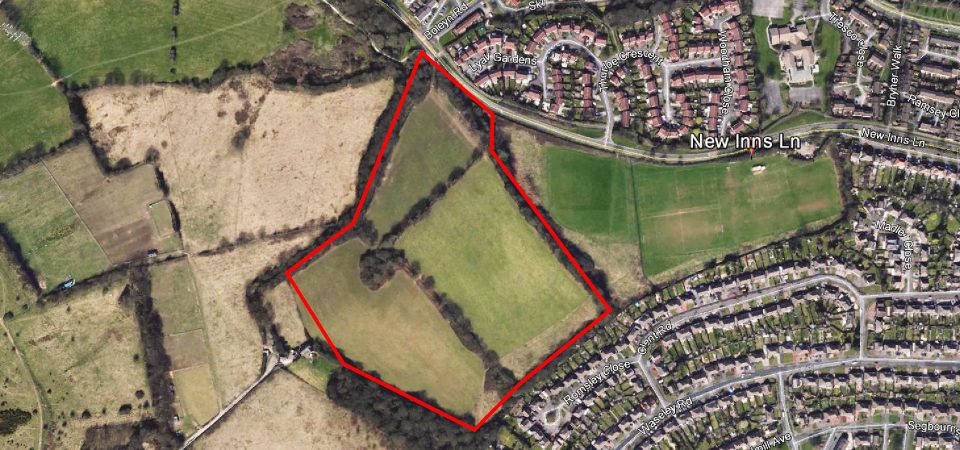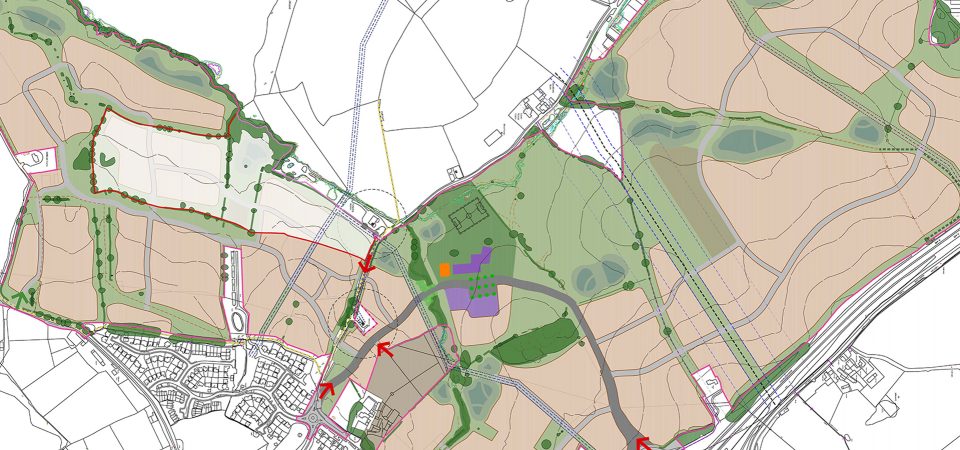PJA developed the Local Cycling and Walking Infrastructure Plan process guidance in support of the National Cycling and Walking Investment Strategy, to help government identify a pipeline of schemes that could be realised through capital funding to local authorities.
We deliberately made the process ‘scalable’ to accommodate the different arrangements of local government and settlement size while trying to offer a consistent demand-based assessment of infrastructure requirements.
Pilot projects in Birmingham, Nottingham and Devon were used to test the method in urban, suburban and rural market town settings.
As well as drafting the guidance, PJA was part of the DfT-appointed consortium that provided technical support to over 30 local authorities to help them develop their LCWIP.
This has given us a broad range of experience of different types of settlement and working with a variety of governance and project management structures.
As part of the governance for consultancy support, we collated feedback on what local authorities have found most helpful and effective when developing their LCWIP.
PJA provided technical support and expertise to 10 of the local authorities that are developing LCWIPS through DfT support. These are Bedford, Cornwall, D2N2 Local Enterprise Partnership, Leicester City, Leicestershire, NE Lincolnshire, Plymouth, Rutland, Staffordshire and Wiltshire.
Each authority has a different focus and approach to using an evidence-based process to determine where cycling and walking infrastructure is needed to meet the government’s aim of reducing short trips by car.
PJA has assisted a further seven local authorities who were not on the DfT Framework with the development of their LCWIPS.
For more details contact Chris Sibthorpe: [email protected]








